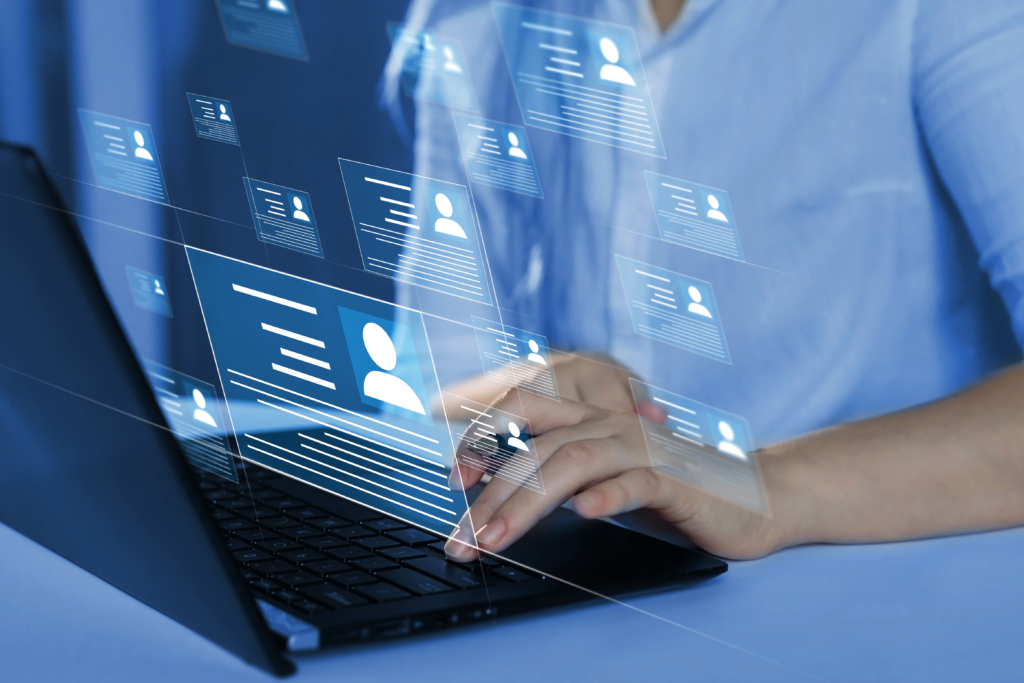Quiz Time: Can You Handle Social Media Phishing Attacks at work?

Our last three blogs have discussed cybersecurity threats and how they affect businesses. We have talked about the dangers that stem from various types of malware. We have warned about the newest cybersecurity risks expected to wreak havoc on businesses soon. And in the face of the continuously growing popularity of remote work setups, we […]
Addressing the Cybersecurity Risks of Working from Home

A remote workforce has become the norm since the pandemic. Even now that we consider it safe to return to the office work environment, many businesses have maintained the remote work setup because of the advantages. However, working from home also brings cybersecurity issues that need attention so as not to jeopardize the company’s network […]
